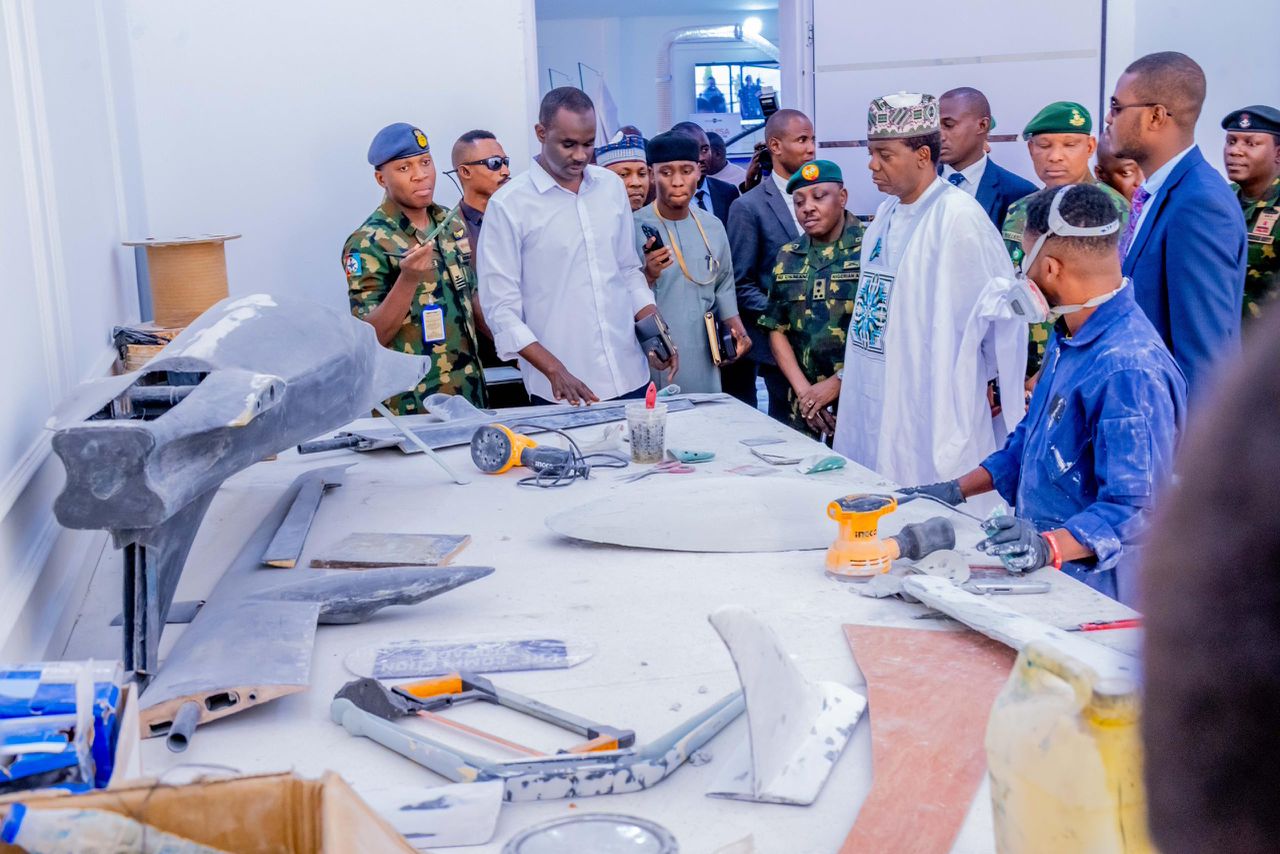The Apapa Area Command of the Nigeria Customs Service has launched the Electronic Cargo Tracking System (ECTS), a digital innovation designed to enhance national security and facilitate trade.
The area controller, Emmanuel Oshoba, said this in a statement by the command’s spokesperson, Tunde Ayagbalo, during the inauguration of the system at the Apapa Port.
Mr Oshoba described the ECTS as a strategic innovation that allows real-time monitoring of cargo movement from departure points to destinations across the country.
He said the pilot phase of the initiative began on November 5, using a container designated for the Kano/Jigawa Area Command, marking its first real-time deployment.
According to him, the system employs electronic seals and handheld devices to track containers, ensuring transparency, preventing tampering, and eliminating diversion of goods in transit.
Mr Oshoba stated that Apapa Command serves as the pilot stage for the nationwide rollout, adding that the system would reduce the need for physical escorts.
He commended the comptroller-general of customs, Bashir Adeniyi, describing him as a reform-driven administrator who consistently promotes automation and innovation in the service.
Mr Oshoba noted that the ECTS had been successfully implemented in several countries and that, as the chairperson of the World Customs Organisation, Mr Adeniyi had pushed for Nigeria to adopt similar modern tools.
Deputy Comptroller Christopher Fanyam, Head of B’Odogwu Implementation at Apapa Command, explained that containers remain sealed until proper authorisation is confirmed at their destinations.
Mr Fanyam said the tracking team comprises personnel from the Rapid Response Unit of the Federal Operations Unit Zone ‘A’, Ikeja, and the enforcement team of Apapa Area Command.
He added that all officers had undergone intensive training to ensure they were fully equipped to manage and operate the new technology effectively.
“All Standard Operating Procedures related to the ECTS have been clearly communicated to the officers. They are now ready to deploy the devices efficiently,” he said.
Mr Fanyam expressed confidence that the pilot stage would achieve its goals of enhanced cargo monitoring, improved security, and trade facilitation.
(NAN)





